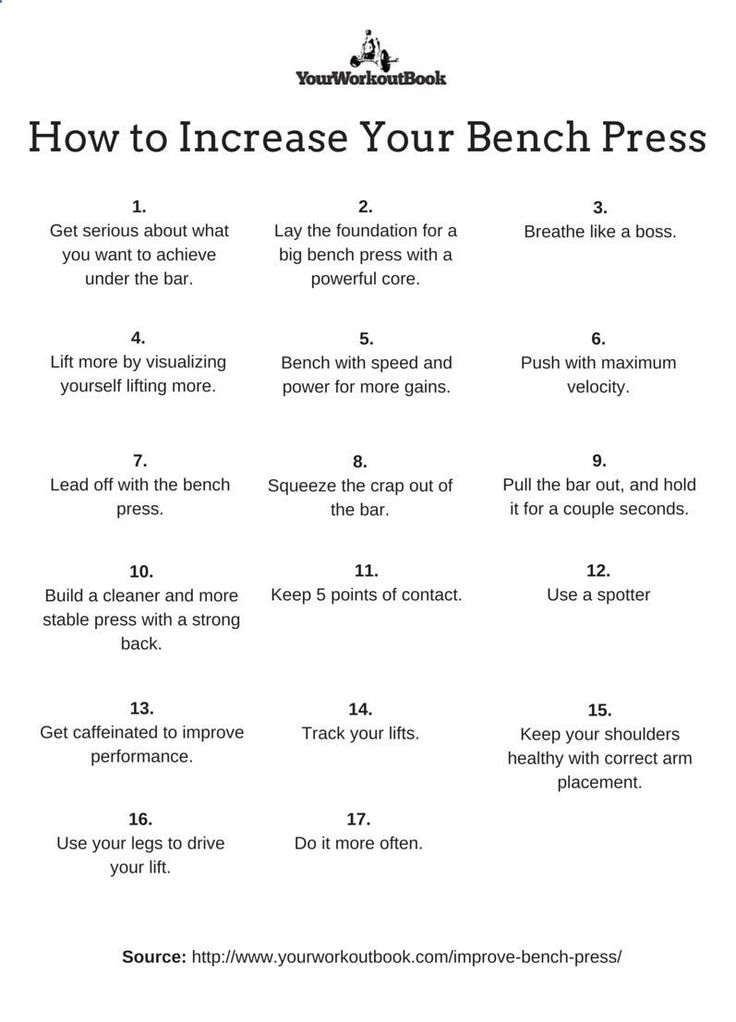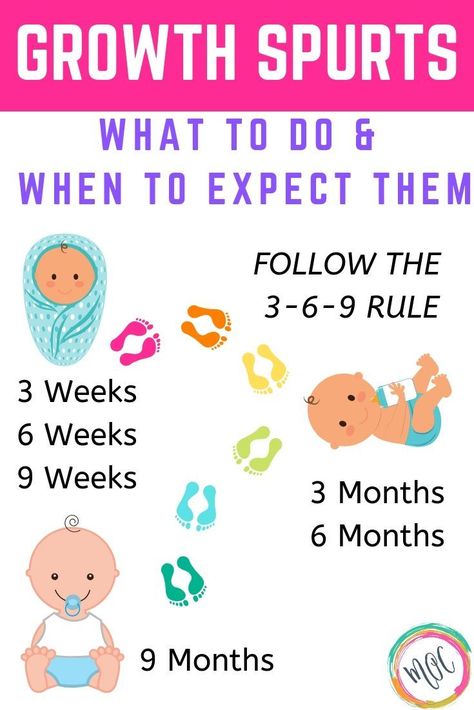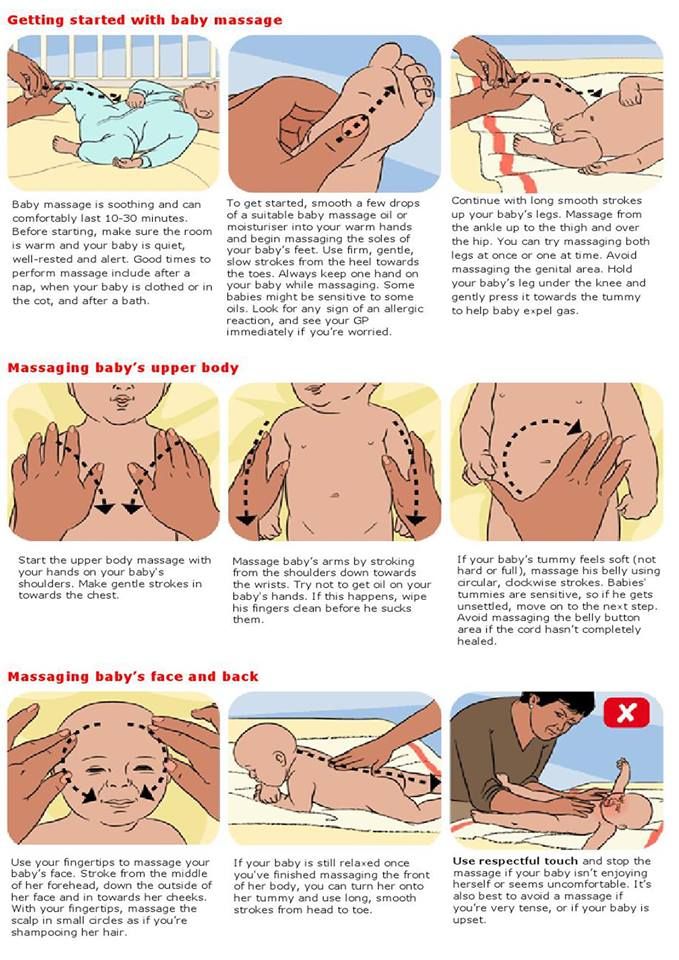How to lift a child support bench warrant
How To Get A Child Support Warrant Lifted?
Contents
- 1 What is a Child Support Warrant?
- 2 How to get a child support warrant lifted?
- 3 What is a bench warrant?
- 4 How to lift a child support bench warrant?
- 5 What is Felony?
- 6 Takeaway
FacebookTwitterRedditLinkedIn
Reading Time: 5 minutes
From the time you become a parent, you always want to do everything best for your child. However, things don’t end on good terms every time. Yes, we’re here talking about how things change for your child when you decide to get a divorce. Most parents are content to do the best they can after their child’s welfare. But, the reality is that you may find yourself lacking in this situation. Therefore, the other parent of your child or children has to take this matter to court.
Moreover, some parents don’t accept that they also need to pay child support money. So, they decide not to pay even after the released orders from the court, even though it’s not an option to choose to pay or not to pay.
What is a Child Support Warrant?
The judge issues a child support warrant for the person who fails to pay the child support money. The warrant is issued when the person has not paid the money for a long time.
The parent owed support goes to court with a duplicate copy of the child support agreement and verification that the noncustodial parent isn’t paying the child support money. After looking into the current realities of the case, the judge can issue a warrant for contempt as the noncustodial parent isn’t following the court’s request to pay support. Non-custodial guardians should show up in court on the hearing dates. To state the cause for not paying the child support, law implementation officers have the right to arrest and bring the parent into court.
Also Read: How does child support work if mother has no job?
How to get a child support warrant lifted?
If there is a child support warrant given against you, you can do a few things to help yourself and get rid of it.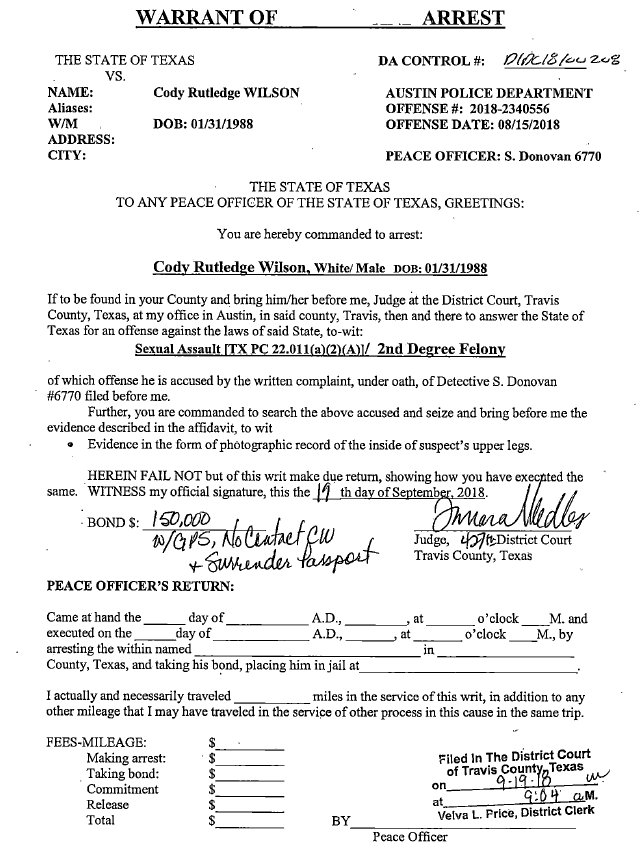 The most common way to begin with it is to seek the help of an attorney.
The most common way to begin with it is to seek the help of an attorney.
That might seem like a familiar and standardized way to answer for most individuals’ situations. But, a lawyer is also an officer of the court. They can talk for your sake and on your behalf to see if something can work to get a child support warrant lifted. To permit you to make a few facilitations so that you can start making your child support installments.
Moreover, the court isn’t liable to pay attention to the person that does not obey the legal framework. To them, you failed to pay your child support as well as, when needed to show up in court for the hearing, you didn’t appear. Subsequently, two negative marks against you can undoubtedly let you be in prison.
Having a lawyer can assist you with what steps you should take to work with the court to become involved with your installments and have that child support warrant lifted. For instance, you most likely can’t pay the sum in one single amount, yet you might have the option to pay ten extra percent each month to get up to the full payment.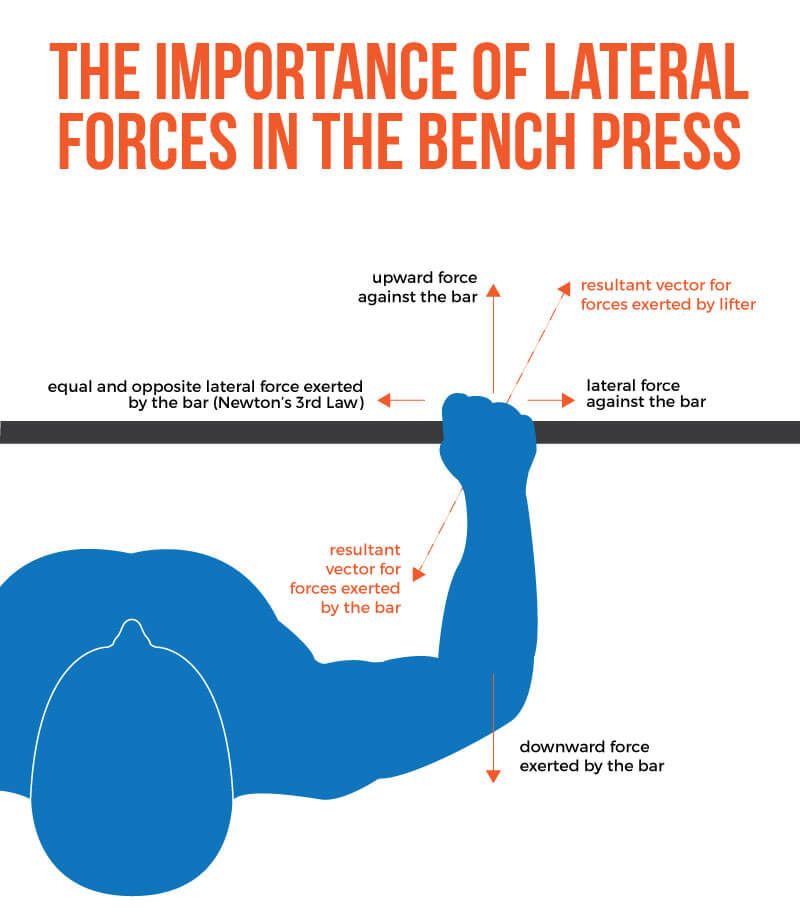 Therefore, the evidence must satisfy the court so that the court can permit you to move freely.
Therefore, the evidence must satisfy the court so that the court can permit you to move freely.
What is a bench warrant?
The court also issues bench warrants. The reason they are known as bench warrants is that they are issued from the bench. It means that the judge issues the warrant. A bench warrant is not issued only when someone commits a crime; there are other possible reasons for issuing the bench warrant.
Reasons for when a judge can issue a bench warrant, however, are not limited to –
- Failure to obey court orders
- Neglect to pay court-ordered spousal or child support payments
- Non-fulfillment to pay fines
- Failing to appear in court
- Negligence to report as a witness or party in a trial
- Refusing to allow court-ordered parent visitation
- Violation of the terms of your probation
How to lift a child support bench warrant?
Lifting or elimination of the bench warrant means that it should no longer come into the official system. But the warrant lifts depend upon the reason why the warrant was issued earlier.
But the warrant lifts depend upon the reason why the warrant was issued earlier.
The only way the bench warrants child support can be lifted is by your appearance in court, your attorney’s appearance in court on your behalf, or by appearing with your attorney.
It’s best to appear on the hearing date and show that you have not deliberately missed the child support payment. You may have to satisfy the judge that you’re a responsible person, but circumstances made you do so. Therefore, evidence plays an important role.
Your first step should be to show the court why you could not pay child support. For example, there might be some issues related to not having a job. In that case, provide the statement from your previous employer.
Next, a question may pop up in your mind about why you did not ask for modifications when you saw yourself not paying child support. But, again, it’s better, to tell the truth in court rather than to lie. Showing the reason with the proper evidence can help you in lifting the child support bench warrant. This way, a judge can’t jail you if all the evidence turns out to be true. After that, however, you may have to pay the fine.
This way, a judge can’t jail you if all the evidence turns out to be true. After that, however, you may have to pay the fine.
So, it’s always better to get a lawyer and discuss your options. This way, the attorney can represent you in court and save you.
Your legal advisor can investigate all the case facts to foster the best way to manage the warrant. Keeping you out of prison and diminishing the unfortunate results of a warrant are your lawyer’s primary concerns.
What is Felony?
Crimes usually come under two categories: misdemeanors or felonies. Misdemeanors are those that typically carry a maximum of up to one year in jail. Felonies involve more serious crimes that involve more than a year’s imprisonment and up to life in prison.
Examples of Felonies are – murder, sexual assault, etc. Now, you might be thinking that all violent crimes fall under this category? No, forgery, theft can also result in felony penalties if the amount of money involved is large enough.
So, felony crimes have a possibility of a prison sentence. It can be a year to a lifetime.
Here, we are talking about a felony child support warrant. A felony child support warrant is issued by a judge when the person’s child support amount is enormous, and he fails to pay it timely. The individual is guilty of a felony.
For example, the willful failure to pay child support, in certain circumstances, is legally considered a felony under federal law.
The Deadbeat Parents Punishment Act of 1998 subjects parents to up to two years in prison, along with fines and mandatory restitution under the below circumstances –
- When they owe at least a sum amount of $10,000;
- lagging two years behind in their payments and have been pointed out two or more times for failing to obey their child support orders; or
- travel across state lines or abroad to avoid paying child support responsibilities if the commitment to deliver the child support remains unpaid for longer than one year or is more than $5,000.

The penalty also applies to a second offense of willfully failing to pay past-due support for a child living somewhere in another state of more than $5,000 for more than one year.
Takeaway
The best way to get your warrant lifted is to show yourself in court without missing any hearing as it will mess up the situation, as the court can issue a warrant against you. If you’re unable to pay child support due to non-negligible reasons, it’s always better to come up with the facts and shreds of evidence in court. Another way to save yourself from the warrant is to seek help from a local attorney. They can take you in the right direction by telling you the best possible solutions.
How to Get a Child Support Warrant Lifted in Arizona
Introduction
While most parents are content to do what they can to look after their children’s welfare, the reality is that you may find yourself in a situation where you are behind in your child support, maybe even ridiculously so, and the other parent to your child or children has brought the matter before the court.
There are also those parents who don’t agree with the fact that they are forced to pay child support, so they are just not going to do so. They have concluded that no judge is going to tell them what to do. However, it is not really an option to opt out of paying what has been ordered by the court for you to do.
Court Ordered Payments Must Be Made
No matter which group of child custody payer you fall into, if you have gotten yourself behind in your child support payments, the only way the court views you is as a delinquent. You owe money and you are not paying it.
They don’t care why that is, especially considering that most judges and county agencies will feel that if a parent is behind in their child support payments, there are avenues they can take advantage of so that they can have the opportunity to make some kind of arrangement to get caught up on payments. When a parent is found to be delinquent, the court views this as a choice to simply not pay the amount.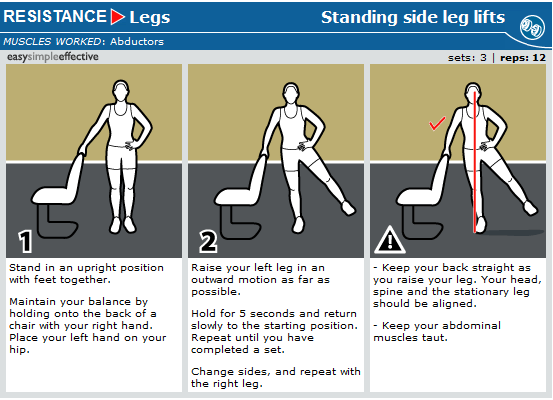
That is bad news for you. If you find yourself behind in your child support, especially if it is three or four months or more behind, you are facing an uphill battle. This can actually lead the court to decide to issue a child support warrant against you.
Make no mistakes, this is an order from the court which authorizes law enforcement officials to arrest you and put you in jail should you be stopped by a police officer for any reason. The warrant is to force you to come to court, and if that means it is done with you in handcuffs, then that is the way it will be.
The Consequences You Face For Not Paying Child Support
The statutes in Arizona give judges the lawful authority to enforce child support orders. This includes their ability to issue arrest warrants to ensure that people are paying their child support. The state legislature has made it clear that they believe that children having the ability to grow up in a home where there is the proper amount of support for them to thrive is essential, so the failure of a parent to pay the required child support flies in the face of the importance that the state legislature has placed on this duty.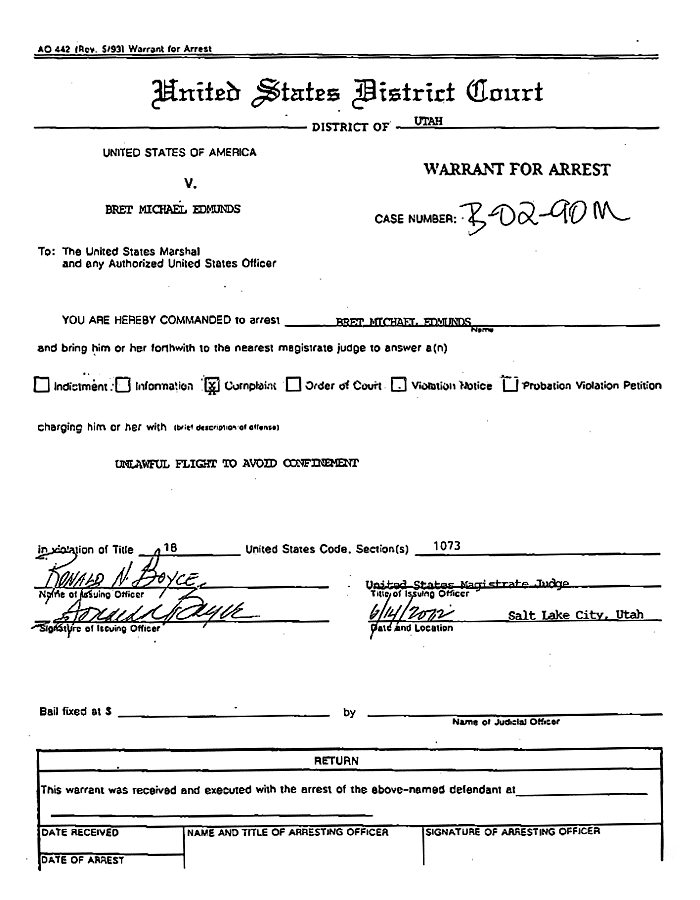
The process of issuing a child support warrant is as follows:
- It begins with the parent required to pay support being told that they are to appear in court at a specific time and date
- Included in that order will be a notice that failure to appear in court will result in an arrest warrant being issued
- If these first two conditions have been met and the person then refuses to show, then the court will feel obligated to take action by issuing the warrant.
No one wants to live with something like this over their head. You could be stopped for a simple traffic ticket when an arrest warrant could appear and you could be on your way to jail. This is true even if you are in another state. The county in the state where you were apprehended would hold you and tell Arizona was able to extradite you back to the state, which could take some time, leaving you in jail or in some kind of transport until the process is completed. Not a pleasant thought whatsoever.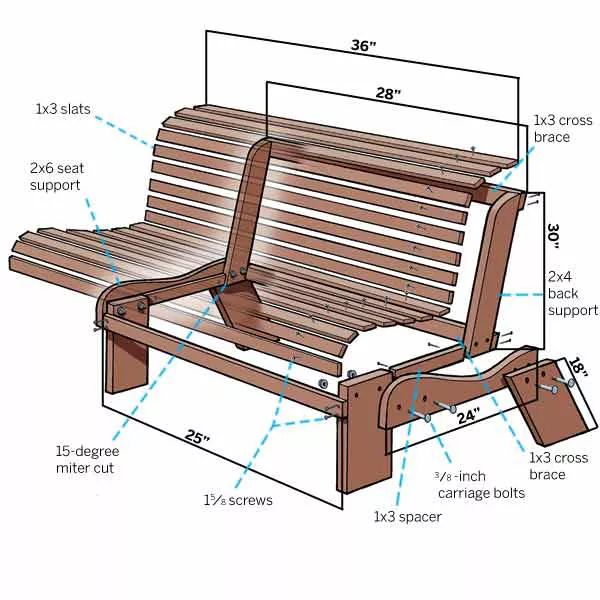
How to Get a Child Support Warrant Lifted
If there is a child support warrant issued against you, there are some things you can do to help yourself and get this order removed. The place to begin is by consulting an attorney.
That may seem like the standard answer for most situations that people are in, but understand that an attorney is an officer of the court. They are authorized to speak on your behalf and can approach the judge to see if something can be worked out to remove the warrant and allow you to make some kind of accommodation to start making your child support payments.
Understand that the court is not prone to listen to people that disobey the judicial system. To them, you not only were neglecting to pay your child support but, when required to do so, you did not even appear in court. There are two strikes against you that can easily lead to you being in jail.
However, having an attorney can help to advise you on exactly what steps you should take to work with the court to get caught up in your payments and to have that warrant removed. This often includes figuring out a way that you are able to get caught up with your payments. You probably cannot pay the amount in one lump sum, but you may be able to pay 10 additional percent per month to get caught up. This could be acceptable to the court and allow you the ability to move about freely without worrying about being arrested.
This often includes figuring out a way that you are able to get caught up with your payments. You probably cannot pay the amount in one lump sum, but you may be able to pay 10 additional percent per month to get caught up. This could be acceptable to the court and allow you the ability to move about freely without worrying about being arrested.
Call the Family Law Team at (480) 467-4348 to hire an attorney today.
Family Law - Sharifov & Associates - Attorneys at Law
division of joint property in New York
Family law is the branch of law that deals with matters relating to the family and family relations. Our family law practice includes representing clients both at the negotiation stage and in court in cases involving domestic violence (usually followed by an order of protection), divorces, separation, residence of children after divorce, and visitation of children. , child and spousal support, property division, domestic violence, prenuptial agreements, and juvenile delinquency lawsuits. We take part in out-of-court negotiations and also conduct court hearings when necessary.
We take part in out-of-court negotiations and also conduct court hearings when necessary.
divorce by consent in New York
Frequently Asked Questions:
1. What is the difference between a contested divorce and a non-contested divorce?
When both husband and wife voluntarily agree on all aspects of divorce, including division of joint property, residence and visitation of children, child support and for former spouses, or are able to sign a separation agreement, their divorce is considered a divorce by consent. Arrest for Domestic Violence in New York On the other hand, when spouses cannot agree among themselves on all aspects of divorce and separation, and require the court to make appropriate decisions on the above aspects of divorce, they are forced to deal with a judicial divorce. On the practical side, a legal divorce requires a lot more work, usually takes longer, and tends to cost more.
order of protection in new york
2.
 How can I get an order of protection in case family violence?
How can I get an order of protection in case family violence? If something threatens your physical or emotional safety or the safety of your children, you should immediately seek the advice of a lawyer or seek the assistance of the Court. You need to take immediate steps to keep you and your children safe. Family courts in all counties in the State of New York are able to make a quick decision on an application for an order of protection; usually, if needed, it can be done within one day. The Summons, Petition and Order of Protection must be delivered to the defendant. This can be arranged through the local police station, privately, or through a professional document delivery agent. The Family Court may order the Sheriff's Department to serve the documents. The case will be rescheduled and the defendant will be subpoenaed to respond to the domestic violence petition. Either by agreement of the parties or after a hearing, the judge may issue a permanent order of protection, limited or complete, for up to 2 years.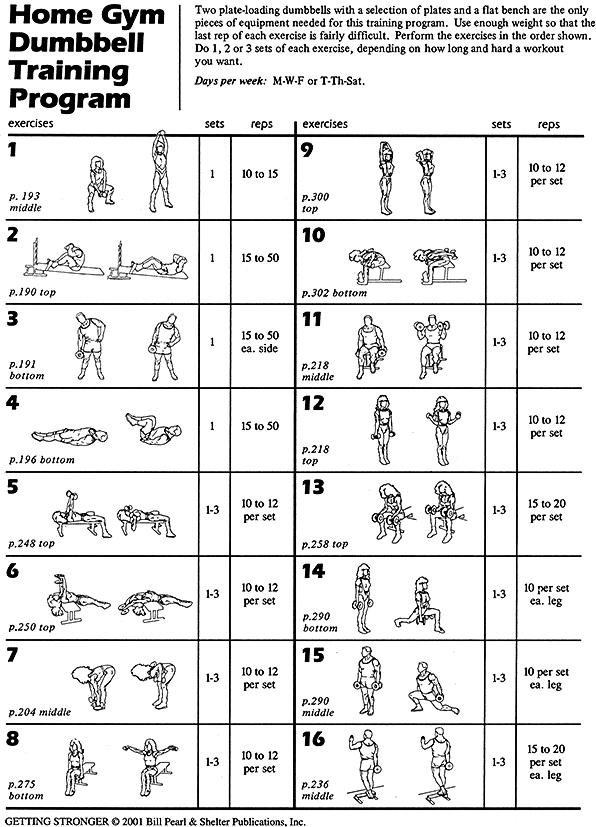
Sometimes the police refuse to make an arrest during an investigation into domestic violence; however, the police may advise the victim to go to Family Court and ask the Judge to issue an Order of Protection. Both the New York State Criminal and Family Courts have concurrent jurisdiction over certain domestic violence offenses. The difference between the procedure in these two courts is that in Family Court, you, as the plaintiff, are a party to the process, and you have control of the lawsuit against the defendant (the person you accuse committed acts of domestic violence against you). violence). at any time you can reach an agreement with the defendant as closed; case, or you can just pick up your petition. If the police refuse to arrest the person you complained about, you can file a petition with Family Court. The Family Court Judge has jurisdiction to issue an Order of Protection (full or limited), which will have the same effect as an Order issued by a Criminal Court Judge. For the past few months, due to the Coronavirus pandemic, Family Court has operated largely virtual, with court hearings via Skype or Microsoft Teams Meetings, and filing petitions via email or Electronic Document Delivery (" EDDS").
For the past few months, due to the Coronavirus pandemic, Family Court has operated largely virtual, with court hearings via Skype or Microsoft Teams Meetings, and filing petitions via email or Electronic Document Delivery (" EDDS").
The Domestic Violence Petition, in the absence of agreement by both parties, will be decided by the Family Court Judge at the conclusion of the hearing on the merits. The New York State Family Court has jurisdiction over other types of petitions, such as Child Visit and Residence, Child Support, Neglect of a Child, Establishment of Paternity, etc.
Sometimes, after an arrest and first appearance in criminal court, a Domestic Violence Petition is also filed in Family Court, requiring the client to attend both courts for both of the relevant cases. If there are minor children in the family, the Criminal Court will often include such children in the Protective Order, however, making an exception for Family Court modifications of the order. In such a case, the defendant who wishes to maintain a relationship with his children must go to Family Court and register a child visitation petition, asking the Judge to schedule visits to the children.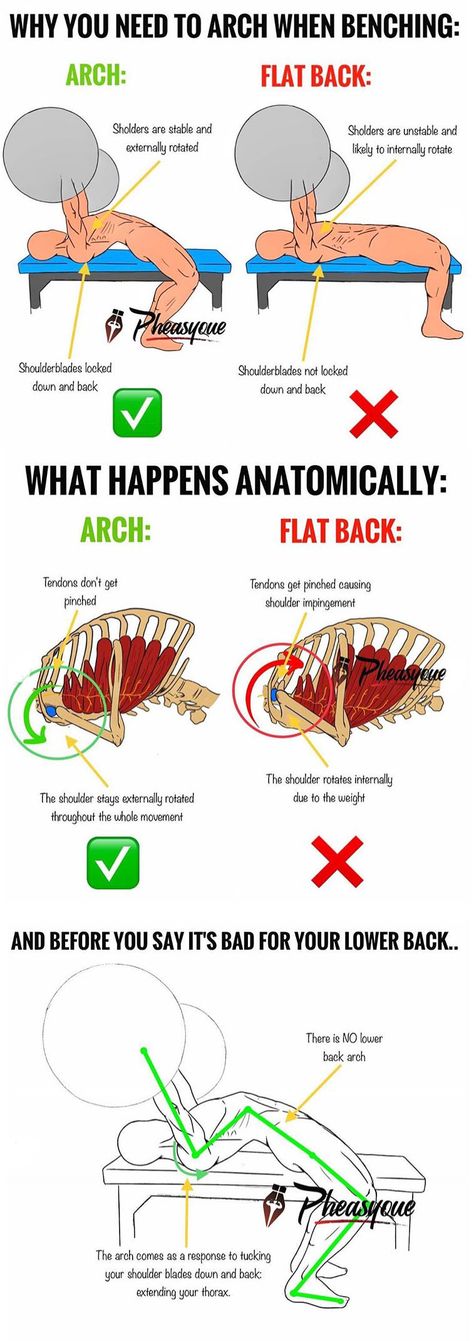 Depending on the circumstances of the original case that led to the Order of Protection, the judge may allow limited visits, supervised visits, or even supervised visits by a welfare agency.
Depending on the circumstances of the original case that led to the Order of Protection, the judge may allow limited visits, supervised visits, or even supervised visits by a welfare agency.
legal guardianship
3. I can't find my spouse, can I file for divorce?
Personal delivery of original divorce papers (Summon Notice or Summons of Complaint) is required by law. However, in the event that the plaintiff (the person initiating the divorce case) cannot find his/her spouse, the plaintiff must obtain court permission for alternative delivery of documents by filing a written petition with the court.
4. When am I officially divorced?
The parties to a divorce proceeding are considered divorced from the moment the judge signs the divorce decree. In the case of a divorce by consent, if a postcard has been filed in advance, the court will notify the final divorce by mail. In the event of a judicial divorce, although the judge may verbally announce during the trial that the parties are divorced, the divorce is officially finalized after the parties' lawyers have submitted the documents to the court and the judge has signed the divorce decree.
5. What is custody and how is the issue of child custody after divorce resolved?
There are two types of custody – legal custody and physical custody. Legal custody essentially means the right to make decisions. During marriage, both parents have rights to raise the child. This includes the right to make decisions about all aspects of a child's upbringing, including religion and education, as long as the parent's decisions do not pose a threat to the child. After a divorce, one of the spouses who has received legal custody of the child makes all decisions independently. You can consult with the other parent, and this is even recommended, however, if you are unable to agree with the other parent or do not wish to consult, you can make your own parenting decisions. Note that the court can always review a parent's decision to raise a child to ensure that the decision is in the best interests of the child. Joint legal custody essentially means that both parents have equal rights to make significant decisions that affect their children's lives. If the parents agreed to joint legal custody, then they essentially agreed to set aside their personal differences in order to effectively raise their children. If the parents are unable to agree on legal custody, then such a decision will be made by the court.
If the parents agreed to joint legal custody, then they essentially agreed to set aside their personal differences in order to effectively raise their children. If the parents are unable to agree on legal custody, then such a decision will be made by the court.
Post-divorce custody means the right of a parent to have a child permanently reside with that parent in the same family and be responsible for their child as long as they live with that parent. If one of the parents received the right to live with the child after the divorce, then the other parent is likely to receive the right to visit the child (visitation). If the parents cannot agree on a visitation schedule for the child, the court will provide such a schedule. Sometimes it is possible to have a joint right of residence of a child with parents in turn in equal shares (joint physical custody). In this case, the child will live half the time in the family of one parent, and half the time in the family of the other.
6.
 Will I have less time to visit my child if the other parent has exclusive legal custody?
Will I have less time to visit my child if the other parent has exclusive legal custody? Optional. Legal custody means the right to make decisions, not the right to spend time with the child. The parent with exclusive legal custody has the right to make most parenting decisions if both parents cannot agree on that decision. If the parents agreed to joint legal custody, then they essentially agreed to set aside their personal differences in order to effectively raise their children. Each parent in this case has equal rights to make decisions regarding the child. Regardless of whether your spouse has exclusive legal custody or both of you, you still have the opportunity to see your child as much as his schedule allows. Visitation of a child is usually independent of legal custody.
7. How is child support calculated?
New York State offers a formula for calculating the amount of child support payable by a parent as specified in Family Code section 240(1-b). This is a rather complicated article of law that must be read and interpreted carefully in order to accurately calculate the amount of child support. Usually, after the allowed deductions from the parent's total earnings, a certain percentage is applied to the balance of earnings to calculate basic child support. The percentage depends on the number of dependent children under 21:
Usually, after the allowed deductions from the parent's total earnings, a certain percentage is applied to the balance of earnings to calculate basic child support. The percentage depends on the number of dependent children under 21:
17% per child, 25% for two children, 29% for three children, 31% for four children, and 35% for five or more children;
It is necessary to carefully and carefully interpret the article of the law in order to accurately calculate child support, as there are many factors and conditions prescribed in the law that affect these calculations.
8. Who pays child support?
Generally, the parent with whom the child does not live most of the time will pay child support to the other parent.
child support in New York
9. Will I be able to pay less child support than is legally allowed?
The best chance to achieve this is to negotiate a reduction in child support as part of a common agreement between the parties. Do not forget, however, that the other party is not obliged to agree to this. Only in rare cases does the court find reasons not to apply the formula provided by law.
Do not forget, however, that the other party is not obliged to agree to this. Only in rare cases does the court find reasons not to apply the formula provided by law.
10. What if the children spend a significant part of their time with me, or even 50% of the time?
Once again, if you are unable to negotiate a reduction in child support with the other party, it will be extremely difficult for you to persuade the court not to apply the statutory formula. To illustrate this, note that even if the parents spend the same amount of time with the children, there is case law stating that the parent with the higher income counts as the parent not living with the child for purposes of calculating child support, and such parent would have to pay formula support! ! This shows how much more beneficial it is for clients to take good faith negotiations seriously as the best way to resolve a dispute.
11. Until what age should a parent support a child?
In New York State, a child is entitled to parental support until the age of 21, unless he/she begins independent living earlier. If a child chooses not to attend college and instead joins the military or starts working full-time, then parental support ends when the child reaches 18 years of age.
If a child chooses not to attend college and instead joins the military or starts working full-time, then parental support ends when the child reaches 18 years of age.
12. Will a child be eligible for support if she stays in college after her 21st birthday to complete her studies and earn a bachelor's or graduate degree?
No. If child support continues after his 21st birthday, it will only be as a result of the agreement of both parents. The law does not require parents to continue supporting children after they turn 21, regardless of whether higher education is completed.
OK with this parent?
The Court takes the issue of changing the residence of children very seriously. The main criterion for the court is the issue of the welfare of the children. In attempting to make such a decision, the court will ask the question: "If such a change in the place of residence of the child is allowed, will it significantly change the nature of the relationship between the child and the parent who does not move to a new place with him?" The court will try to find out as much as possible about the nature of the relationship with the parent. (For example, how often do you see your children? Do you go to their school events? Do you meet with your children during the school week? Do you make use of all the visits that you have assigned to your children? How good are your visits to children?) will evaluate all reasons for the expected relocation of children to determine whether the parent with whom the child lives has explored all possibilities to avoid such a relocation. The distance over which the proposed move is made is also an important factor. Is this the distance that will prevent you from regularly visiting your children? The latest trend in jurisprudence is to generally allow moves up to 2 hours by car from the children's previous residence (assuming the parent with whom the children live generally has a good reason for the move). These decisions were determined by the circumstances, so don't try to reassure yourself ahead of time based on what the court has decided in other cases.
(For example, how often do you see your children? Do you go to their school events? Do you meet with your children during the school week? Do you make use of all the visits that you have assigned to your children? How good are your visits to children?) will evaluate all reasons for the expected relocation of children to determine whether the parent with whom the child lives has explored all possibilities to avoid such a relocation. The distance over which the proposed move is made is also an important factor. Is this the distance that will prevent you from regularly visiting your children? The latest trend in jurisprudence is to generally allow moves up to 2 hours by car from the children's previous residence (assuming the parent with whom the children live generally has a good reason for the move). These decisions were determined by the circumstances, so don't try to reassure yourself ahead of time based on what the court has decided in other cases.
14. Will my spouse be required to pay me alimony or maintenance after the divorce, and if so, for how long?
A recent change to the law that went into effect in 2016 provides for a formula on how to calculate temporary alimony, as well as a recommended formula for calculating permanent alimony after divorce and how long it lasts. There are also additional factors that the court must consider when determining the amount and duration of child support.
There are also additional factors that the court must consider when determining the amount and duration of child support.
Here are a few factors that are considered the most significant:
- length of marriage; the age and state of health of each spouse;
- present and future earning potential for each spouse;
- your opportunity to become financially independent;
- reduced or lost earning opportunity due to denial or delay in education, training, employment, or career development during marriage;
- having children in your home;
This is a complex decision and will be influenced by many factors.
15. Can my spouse evict me from our home?
Unless you have physically, verbally, or mentally abused your spouse, or have already found another place to live, it will be extremely difficult for your spouse to evict you from their home. Unless you agree to move out voluntarily, your spouse will have to file a petition with the court for you to be evicted, and the court will give you an opportunity to respond to it.
16. Can I and my children continue to live in our house after the divorce?
Assuming that the children will be living with you, and if you have a child under 18, the court will generally try to keep the child in the home, neighborhood, and school to which the child is already accustomed, assuming that the child is fine in that environment, and also implying that financial circumstances allow it.
17. Am I entitled to a share in the value of the house, even if the title is not in my name?
If the house was purchased during the marriage with funds earned during the marriage (regardless of which spouse earned the money), then it is likely that you will be entitled to a share in the price of the house, even if the house is not registered on you. There are many factors to calculate the size, value and percentage of this share.
18. I bought our house before our marriage with funds I bought before our marriage. Will I have to share the cost of my home with my ex/ex-spouse?
Usually not. However, if the house increased in value during the marriage as a result of your spouse's efforts, or as a result of a joint investment in the house, then your spouse may claim a share of the excess price during the marriage. Please note that if you put your spouse's name on the home title deeds, this may cause your spouse to be able to claim a share of the total value of the home.
19. Will the court force me to sell my house?
If there are no children, and assuming the house is jointly owned, the court will allow each spouse to buy out the other spouse's share. If neither spouse has the ability to buy out the other's share, or is not interested in doing so, the court may order the sale of the house and divide the proceeds from the sale at the discretion of the court.
20. Credit cards: Should they be cancelled?
If you think your spouse will use credit cards beyond justified living expenses, consider closing the account. Most accounts can be closed by either paying off the debt or transferring to another credit card. If your name is first on the account, you can achieve the same goal simply by removing your spouse's name from the account. The final liability for debts will be determined by the court or by agreement. In most cases, it is recommended that you inform your spouse of your actions (after the accounts have already been changed) so that he/she is not unpleasantly surprised or embarrassed when the payment is unexpectedly declined.
21. Do I have to withdraw money from all joint accounts to protect myself from my spouse taking or hiding the money?
The courts do not approve of either spouse withdrawing all the money from a joint account or withdrawing money without good reason. The husband should think seriously before withdrawing money. Do not forget that the court has the right to demand liability from the spouse if it is proved that he squandered or hid the joint funds.
22. If I own a business or share in a business, will my spouse get a share of the business?
If your business was created during your marriage, or you acquired an interest in a business during your marriage, then your spouse will likely be able to claim a portion of that business or a portion of your interest in the business.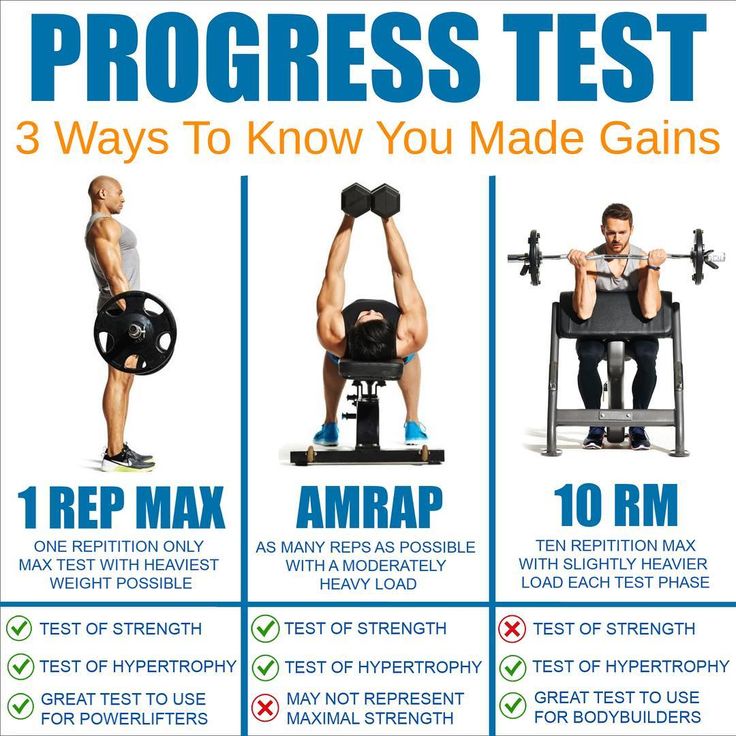 If you acquired the business before marriage, or you acquired an interest in the business using funds from an inheritance or a gift, then your spouse may claim an excess (if any) of the value of the business that occurred during the marriage if you or your spouse is actively contributed to the value of the business. Usually an accountant is hired to do this calculation and there are many factors that go into this calculation. Once the overall valuation of the business has been made, it is calculated what percentage of that value should be used to calculate the spouse's share. There are many factors the court will take into account to determine this percentage, including but not limited to the length of the marriage, your spouse's contribution to the business, family earnings or assets invested in the business, etc.
If you acquired the business before marriage, or you acquired an interest in the business using funds from an inheritance or a gift, then your spouse may claim an excess (if any) of the value of the business that occurred during the marriage if you or your spouse is actively contributed to the value of the business. Usually an accountant is hired to do this calculation and there are many factors that go into this calculation. Once the overall valuation of the business has been made, it is calculated what percentage of that value should be used to calculate the spouse's share. There are many factors the court will take into account to determine this percentage, including but not limited to the length of the marriage, your spouse's contribution to the business, family earnings or assets invested in the business, etc.
23. Can my spouse claim the estimated value of my professional license or higher education diploma?
For divorces initiated before 2016, by law, if all or part of a professional license or higher education occurred during marriage and was paid for by joint family funds, then it is likely that the spouse will be able to claim a portion of the assessed value of such a license or diploma. Following recent changes to the New York State Family Code that went into effect in 2016, the court must no longer consider increased earning potential due to a professional license, college degree, celebrity status, or career advancement as part of a family partnership. assets. However, when deciding on an equitable division of joint marital property, the court must take into account each spouse's direct and indirect contribution to enhancing the earning potential of the other spouse. NY Dom. Rel. L. § 236B(5)(d)(7).
Following recent changes to the New York State Family Code that went into effect in 2016, the court must no longer consider increased earning potential due to a professional license, college degree, celebrity status, or career advancement as part of a family partnership. assets. However, when deciding on an equitable division of joint marital property, the court must take into account each spouse's direct and indirect contribution to enhancing the earning potential of the other spouse. NY Dom. Rel. L. § 236B(5)(d)(7).
24. Which courts can hear divorce, custody and alimony cases?
The Supreme Court has exclusive jurisdiction over divorce cases; however, Family Court has concurrent jurisdiction over custody, visitation, and child support matters. If a person wants to get a divorce, he needs to fill out the original documents in the Supreme Court. If the child's parents are not seeking a divorce, or are not married at all, and want to sue for domestic violence, custody, visitation, or child support, they should file an application in Family Court.
25. What is a juvenile delinquency trial?
This is a New York State Family Court lawsuit involving a juvenile delinquency case between the ages of 7 and 16. When such a minor is arrested in New York State, he/she may obtain a subpoena from the police in Family Court in the county where the alleged offense was committed. On the other hand, when the allegations are serious enough and/or the minor child has had previous police referrals, the child may be detained overnight in a special detention center for children and brought to Family Court the next day when the court is open.
When a child comes to court with a parent or guardian, he/she and the parent will be interviewed by a probation officer and, depending on the charges, previous criminal convictions, the wishes of the victim and their parents, if the victim is a minor, the case may be referred to probation department. In this case, the petition against the juvenile delinquent is not filed and the child agrees to follow the rules of the probation department for an initial period of up to 60 days. The child must attend school, report to the probation department when required, write an essay and/or do community service under the direction of a probation officer, and also have no new drives. If the child complies with all this, the case will be dismissed.
The child must attend school, report to the probation department when required, write an essay and/or do community service under the direction of a probation officer, and also have no new drives. If the child complies with all this, the case will be dismissed.
If a juvenile is charged with a felony, or if the victim wants the case to continue, the New York City Law Department, which in such cases acts as a prosecutor, will file a petition against the juvenile delinquent, and the child will be required to appear before judge. A case on juvenile delinquency is similar to a criminal case of an adult in a criminal court, however, there are significant differences: there is no bail for the release of the defendant to freedom for a minor - either he is left in custody or released without bail on bail to the parent / guardian; no right to a jury trial, instead a court hearing before a judge; no criminal conviction - instead, recognition as a juvenile delinquent; punishment options also vary, including case closure, conditional closure, suspended sentences of up to 2 years, or detention with varying degrees of security for an initial period of up to 18 months. For the most serious crimes allegedly committed by minors 13 years of age or older, the prosecutor has the option to refer the case to an adult criminal court.
For the most serious crimes allegedly committed by minors 13 years of age or older, the prosecutor has the option to refer the case to an adult criminal court.
26. What is marriage annulment and how is it different from divorce?
A man and a woman must be legally capable of entering into a legal marriage. If the parties are not authorized to enter into a marriage, such a marriage can be annulled, that is, declared invalid. Grounds for marriage annulment are untraceable disability, minority, lack of consent, or consent obtained through fraud or intimidation, and incurable mental illness for five years.
- If one of the spouses is terminally incapable of sexual activity, the marriage can be annulled.
- Both parties must be over 18 years of age to marry without parental consent. A marriage between persons under the age of 18 may be annulled, at the discretion of the court, if the spouse under 18 wishes to annul the marriage.
- If, after marriage, either partner becomes terminally ill for 5 years or more, the marriage may be annulled.
 However, a healthy spouse may be required to maintain a mentally ill spouse for life.
However, a healthy spouse may be required to maintain a mentally ill spouse for life. - The parties must knowingly consent to the marriage. A marriage can be declared invalid if either party consented to the marriage as a result of violence or threats from the other party, or if either party did not understand the meaning and consequences of marriage.
- A marriage may be annulled if the consent was obtained by fraud, provided that the fraud was such as to deceive an ordinary reasonable person and was essential to obtain the consent of the other party. Fraud must be at the heart of the marriage contract. Only the injured party can annul the marriage on the grounds of lack of consent.
27. What is a declaration of invalidity of a marriage and how does it differ from annulment?
Unlike an annulment, where a marriage can be declared invalid, some marriages are invalid from the moment they are contracted. Such marriages include incest and bigamy.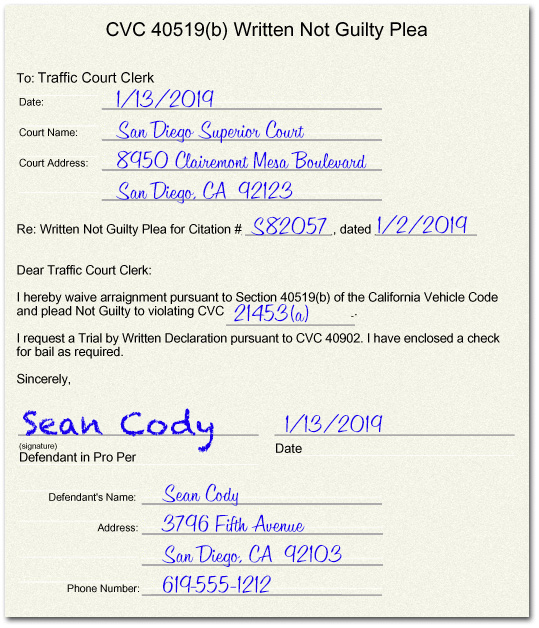 In the case of incest, this is a marriage between ancestors and descendants, brothers and sisters (including half blood). In the case of bigamy, one of the parties is already married to another person.
In the case of incest, this is a marriage between ancestors and descendants, brothers and sisters (including half blood). In the case of bigamy, one of the parties is already married to another person.
For more information, please contact our company.
tel 516-505-2300
TE l 718-368-2800
Email [email protected] 9000 . But martial law has made adjustments to the work of many state structures, and this has affected the fulfillment of maintenance obligations.
In this article, Mitrax lawyers explained in detail the fundamental aspects of paying child support during the war.
No one canceled maintenance obligations during wartime
Martial law does not exempt from the obligation to pay maintenance. In case of debt, a penalty will be charged, and administrative and criminal liability “shines” for evading the payment of alimony. Nothing has changed in this regard.
At the same time, banks must unblock the arrested accounts of debtors - during martial law, this money can be used again. The main thing is to pay child support on time.
The main thing is to pay child support on time.
Also remember to keep all receipts. With their help, you will prove that you regularly paid alimony and you have no debt.
How to get child support during the war
If you receive child support directly from the payer's employer, nothing changes for you. You should continue to receive payments. Even if the payer was called up to the Armed Forces of Ukraine, he retains his salary. Therefore, the amount of alimony does not change.
For those who did not have time to apply for alimony before the war, the procedure for obtaining them became more complicated. However, there are still options.
Compulsory recovery of alimony
It is currently impossible to receive payments through the State Executive Service. All enforcement proceedings are stopped, and the corresponding state register is closed. Until recently, the Unified Register of Debtors was also closed in most regions.
Under such conditions, executors cannot:
- look for sources of funds;
- freeze accounts of debtors;
- issue certificates on the amount of maintenance debt;
- sell property at auction.

Therefore, it is still impossible to execute court orders and decisions. But even in the conditions of martial law, it is worth going through all the stages that precede enforcement proceedings in advance. Then, at the first opportunity, you will promptly collect alimony from the payer. You no longer have to waste time on previous procedures.
Court procedure for collecting alimony in martial law
Despite the war, most of the ships are still working. Recall that a statement of claim for the recovery of alimony is filed with the court at your registered place of residence or stay or at the registered place of residence or stay of the debtor. That is, you have the right to choose which court to apply to.
If your courts are located in “hot spots” and do not work, their functions will be performed by courts close to you. For example, the functions of several courts in the Zaporozhye region are performed by the Dnepropetrovsk district court.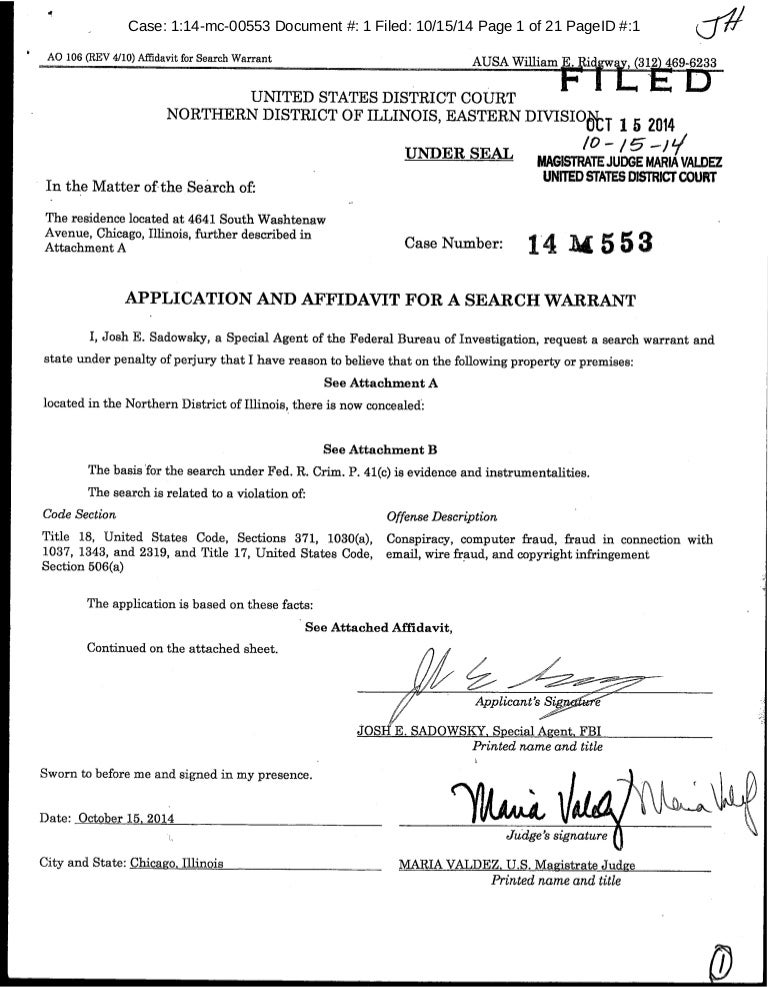
You can find out if courts work in your region on the court's official website or by calling the numbers indicated there.
Once you have decided on a court, you can file a lawsuit or an application for a court order. The second option is much simpler - it takes less time and does not require calling the parties.
But you can get a court order only if you ask to collect alimony in the following amounts:
- no more than ¼ of the payer's income for 1 child or ⅓ for 2 children and ½ for 3 children;
- the amount of the desired alimony does not exceed ten living wages per child of the corresponding age. As of March 2022, for a child under 6 years old, this amount is UAH 21,000, and for children from 6 to 18 years old - UAH 26,180.
Let us remind you again that it is now impossible to comply with a court decision or order. But with these documents, you will be able to issue alimony collection as soon as possible.